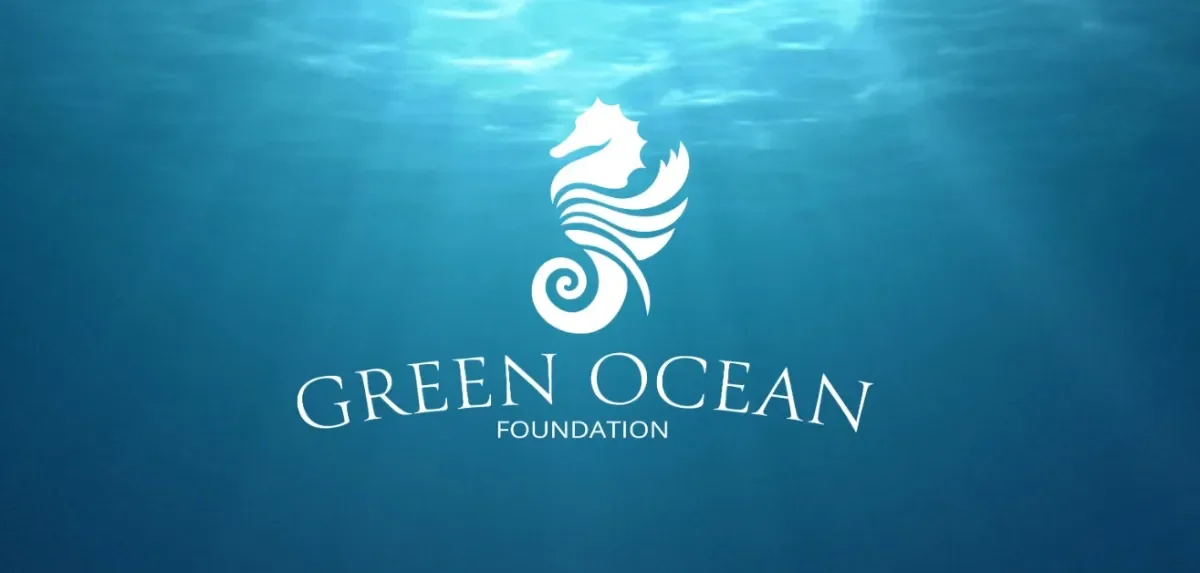

DCU Water Welcomes David Lawlor to Share Insights on Oyster Restoration in Dublin Bay
At this month’s DCU Water Café, DCU Water Institute welcomes David Lawlor, founder of Green Ocean Foundation, to discuss his innovative efforts to reintroduce native oysters to Dublin Bay as a nature-based solution for improving water quality and enhancing marine biodiversity.
Lawlor leads the Dublin Bay Oyster Reintroduction Project, which sources native European flat oysters from Tralee and introduces them to harbours across Dublin Bay. These oysters play a vital ecological role: they filter and clean water, reduce excess nutrients, support marine biodiversity, and act as natural barriers against coastal erosion by calming wave energy. Their ability to capture carbon and stabilise shorelines also makes them powerful allies in the fight against climate change.
The project launched in November 2023 with the installation of 50 oyster garden baskets across Dun Laoghaire, Malahide, and Poolbeg, yielding promising early results with healthy, viable oysters beginning to thrive. Female oysters in these baskets released between 1 and 1.5 million eggs. After fertilisation, the eggs settle on hard surfaces like harbour walls, rocks, or other oyster shells—kickstarting the formation of new reefs. By October 2024, the project had expanded significantly, adding 70 more oyster gardens in Dun Laoghaire, Malahide, and Howth. And this is just the beginning.
The long-term goal is to establish a self-sustaining oyster broodstock in Dublin Bay. Over the next 15 to 20 years, Lawlor envisions these oyster populations developing into full reefs that will support the growth of seagrass and seaweed beds, providing a resilient, living infrastructure to combat coastal erosion and restore marine habitats.
Looking ahead, the next phase of the project will focus and expand on community engagement, aiming to raise public awareness of the environmental benefits of oyster restoration. Lawlor also plans to partner with academic institutions, including DCU, to develop a scientific framework that links restoration activities to measurable ecological outcomes—ensuring the project’s impact is well understood and scalable for future marine conservation efforts.
